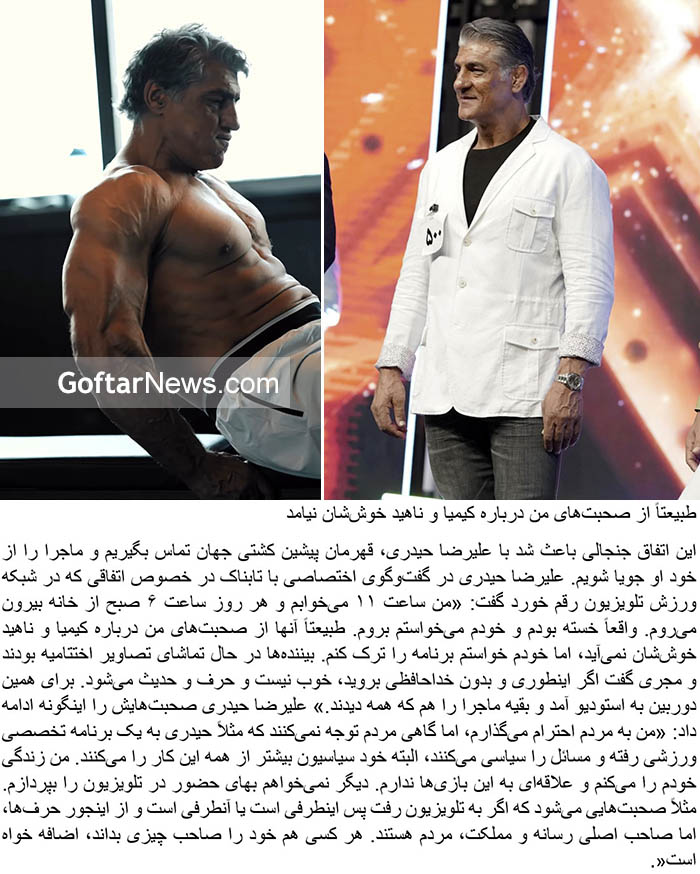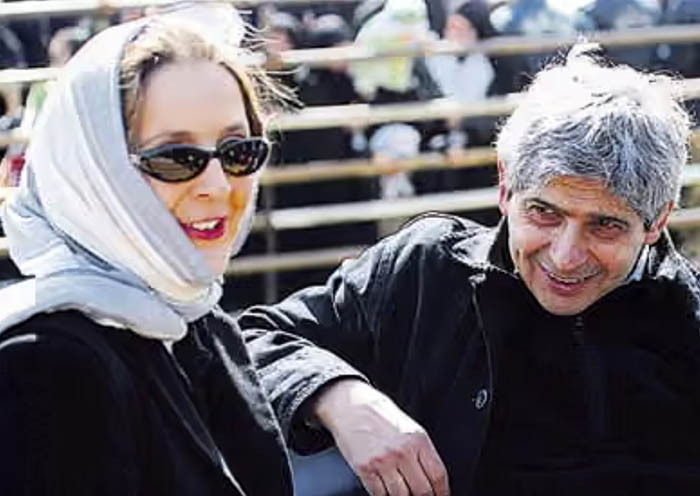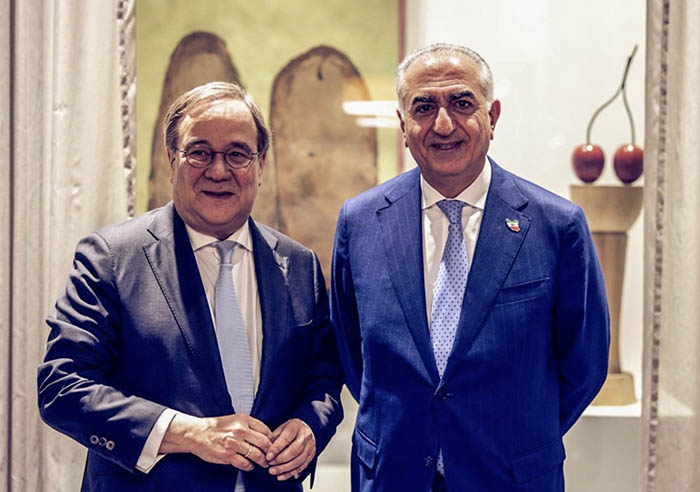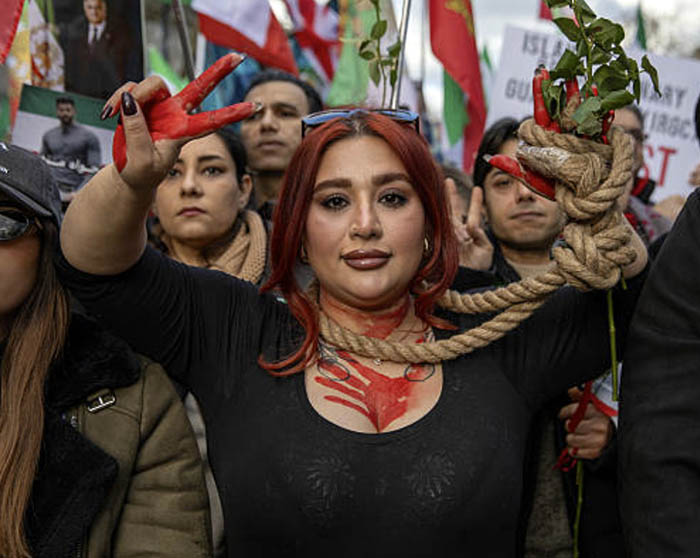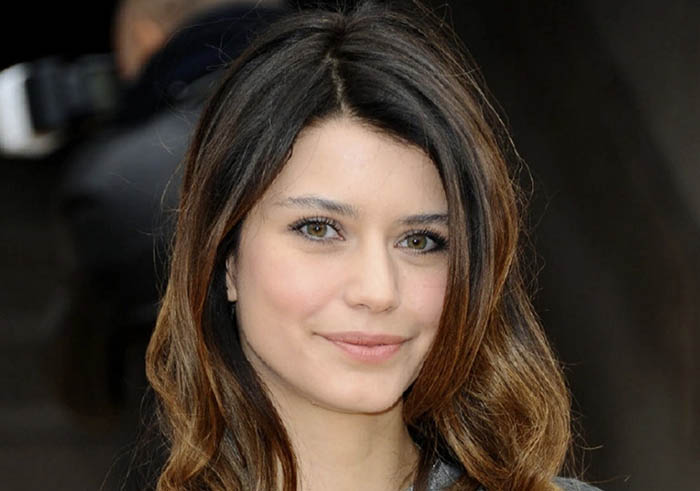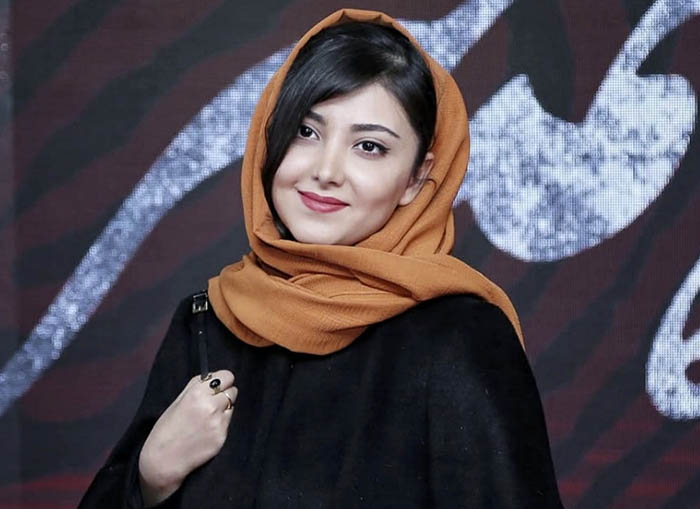Alireza Heydari Shocks TV Audience: The Truth Behind His Exit After Kimia and Nahid Remarks
The 2024 Paris Olympics
The 2024 Paris Summer Olympics was a historic event, not just for the global sports community but also for Iran, as it represented another opportunity for Iranian athletes to showcase their talents on an international stage. For Iranian sports, the Olympics have always been more than just a competition; they are a platform where the nation’s athletes can assert their strength and, by extension, the strength of the nation itself.
Among the Iranian athletes, two names stood out: Kimia Alizadeh and Nahid Kiani. Their confrontation in Paris was not merely a sporting event; it was loaded with political symbolism and emotional weight, both for the athletes involved and for the broader Iranian public. Kimia Alizadeh had already made history by becoming the first Iranian woman to win an Olympic medal, a groundbreaking achievement that had made her a national hero. However, her decision to leave Iran and compete under a different flag in Paris added layers of complexity to her legacy, transforming her into a figure of both admiration and controversy.
The match between Alizadeh and Kiani became a flashpoint in the broader discussion about identity, loyalty, and the pressures faced by Iranian athletes. For many in Iran, Alizadeh’s departure was seen as a betrayal, while others viewed her decision as a courageous stand against the challenges she faced at home. Kiani, on the other hand, represented those who remained in Iran, continuing to fight for their place on the world stage despite the obstacles.
Alireza Heydari, who had long been a supporter of Iranian athletes, found himself deeply moved by this situation. On one hand, he understood the immense pressures that athletes like Alizadeh faced, both at home and abroad. On the other hand, his loyalty to his country and his pride in Iranian sports made it difficult for him to fully reconcile with the idea of an Iranian athlete competing under a different flag. This internal conflict was evident during his appearance on the TV program, where he expressed his sorrow and disappointment over the situation.
The media coverage of the Alizadeh-Kiani match was intense, with various outlets offering different interpretations of what the match represented. Some saw it as a straightforward athletic competition, while others interpreted it as a reflection of the broader political and social issues within Iran. For Heydari, the match was more than just a contest; it was a symbol of the complex realities faced by Iranian athletes, who are often caught between their personal aspirations and the expectations of their country.
Heydari’s comments on the TV program highlighted these complexities. He spoke not just as a former athlete but as someone who had experienced firsthand the pressures of representing Iran on the world stage. His words were filled with emotion, reflecting his deep connection to both the athletes and the nation they represented. However, his candidness also hinted at the underlying tensions that exist within Iranian sports, where athletes are often expected to toe the line between personal ambition and national loyalty.
The TV Incident
The incident that unfolded during the live broadcast of the Sports Network’s Olympic Village program was both unexpected and revealing. As Alireza Heydari shared his thoughts on the Kimia-Nahid match, his words seemed to touch on a sensitive nerve, leading to a sudden and dramatic shift in the program’s tone. The host’s abrupt announcement that they were saying goodbye to Heydari caught both the viewers and the other guest, Hossein Tavakoli, by surprise. It was an unexpected turn of events that quickly became a hot topic of discussion.
In the hours and days that followed, the incident was widely covered by media outlets and discussed across social media platforms. Speculation ran rampant about the reasons behind Heydari’s sudden departure from the program. Some suggested that his comments had been deemed too controversial or politically sensitive, leading to his early exit. Others believed it was a pre-planned decision that had nothing to do with his statements. Regardless of the actual reason, the incident highlighted the delicate balance that exists between sports, media, and politics in Iran.
Heydari’s own explanation, provided in an interview with Tabnak, sought to clarify the situation. He explained that he had been feeling tired and had planned to leave the program early, but the host’s concerns about potential rumors led to the on-air farewell. Heydari downplayed the notion that his comments about Kimia and Nahid were the cause of his departure, instead suggesting that the incident was a misunderstanding exacerbated by the live nature of the broadcast.
However, despite Heydari’s attempts to provide a rational explanation, the incident remained a point of contention. For many, it was seen as indicative of the broader challenges faced by athletes in Iran, particularly when it comes to navigating the often murky waters of media and politics. Heydari’s sudden departure was viewed by some as a form of censorship, a reflection of the pressures that come with being a public figure in a highly politicized environment.
The incident also raised important questions about the role of the media in Iranian society. In a country where the media is often closely aligned with the state, the line between free expression and politically sensitive content can be difficult to navigate. Heydari’s experience on the TV program highlighted the risks faced by athletes and public figures who choose to speak openly about sensitive issues. It also underscored the challenges faced by the media in balancing the need for open discussion with the need to avoid controversy.
For Heydari, the incident was a stark reminder of the complexities of being a public figure in Iran. While he had always been open about his views and his experiences, the fallout from the TV program made it clear that even a seasoned athlete like himself was not immune to the pressures of the media and the political environment. In the aftermath of the incident, Heydari became more cautious about his public statements, recognizing the need to carefully navigate the intersection of sports, media, and politics.
August 12, 2024 | 6:30 pmMore stories
Frances Harrison: The Life and Career of Kasra Naji’s Wife
Introduction Frances Harrison is a distinguished British journalist, acclaimed author, and human rights advocate renowned for her fearless reporting from … Continue reading ➝
Armin Laschet Meets Reza Pahlavi in Munich: A Landmark Political Encounter Shaping Future Relations
Introduction In a historic meeting in Munich, two prominent political figures—Armin Laschet, the former German Minister President and leader of … Continue reading ➝
Global Protests Supporting Democracy: Anti-Government Movements, and International Response in 2026
Introduction In 2026, a remarkable series of protests has swept across the globe, demonstrating widespread support for Iranian democracy and … Continue reading ➝
Beren Saat: From Turkish TV Star to International Actress — Complete Biography, Career, and Achievements
Introduction Beren Saat is one of Turkey’s most acclaimed and beloved actresses, renowned for her captivating performances in a variety … Continue reading ➝
Ziba Karamali: From Rising Star in Cinema to Voice Actress and Filmmaker
Introduction Ziba Karamali is one of the most promising young talents in the entertainment industry, whose multifaceted career spans acting, … Continue reading ➝
